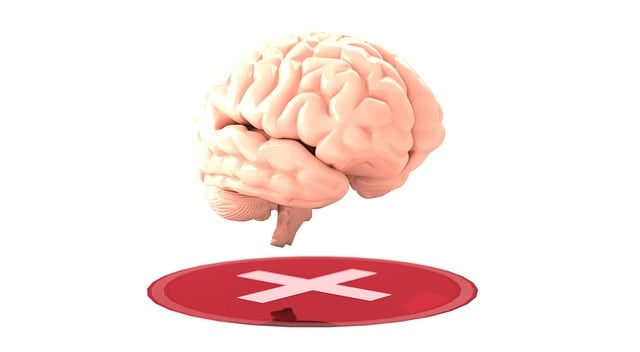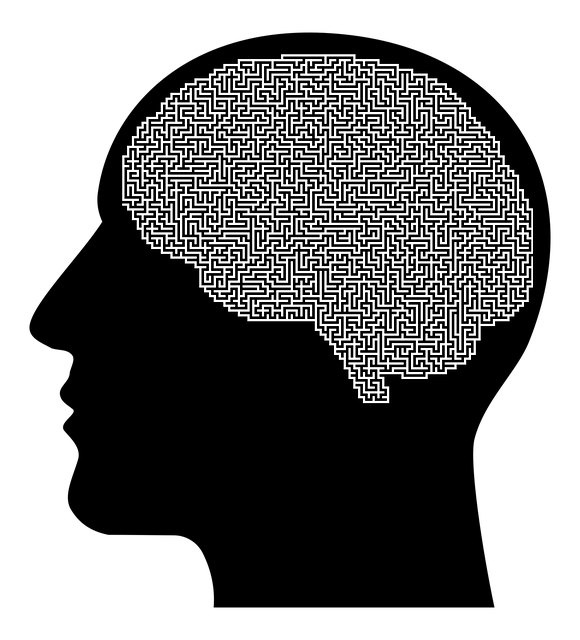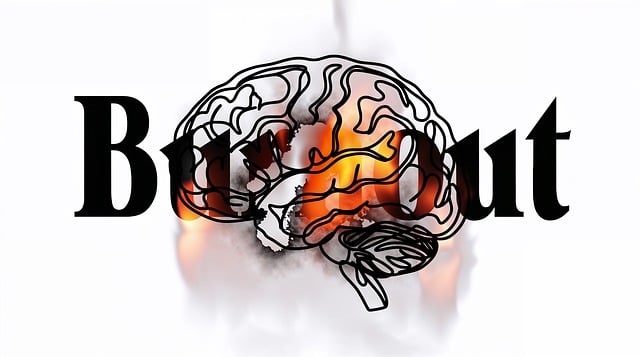Mental illness stigma hinders young people from seeking help, especially for chronic conditions like anxiety and depression, which require specialized therapy for young children. To combat this, efforts should focus on:
1. Peer Education: Fostering self-awareness and social skills to create empathetic environments.
2. Normalizing Conversations: Empowering youths to embrace support without fear of judgment.
3. Cultural Sensitivity: Addressing varying perceptions shaped by norms, traditions, and media, especially in diverse communities.
4. Early Intervention: Providing tailored therapy using play, storytelling, and art to mitigate chronic mental health conditions.
5. Accessible Therapy: Ensuring affordable services regardless of socioeconomic status, complementing with mindfulness meditation.
6. Education: Integrating mental wellness into curricula, teaching emotional intelligence, and encouraging open conversations.
7. Support Networks: Creating safe spaces for sharing experiences, fostering self-awareness, and aiding recovery.
These strategies aim to reduce stigma, promote understanding, and improve access to resources for therapy for young children with chronic illnesses.
Mental illness stigma continues to be a pervasive issue, especially among youth. This article explores comprehensive strategies to reduce this barrier, focusing on early intervention through therapy for young children with chronic mental health conditions. We delve into the roles of social and cultural factors in shaping stigma perception, while also highlighting successful educational initiatives aimed at deconstructing it in schools and communities. Additionally, we share inspiring stories and future directions for enhancing support networks to foster understanding and acceptance.
- Understanding the Stigma Surrounding Mental Illness in Youth
- The Impact of Social and Cultural Factors on Stigma Perception
- Early Intervention: Providing Therapy for Young Children with Chronic Mental Health Conditions
- Educational Strategies to Deconstruct Stigma in Schools and Communities
- Success Stories and Future Directions: Reducing Stigma Through Support Networks
Understanding the Stigma Surrounding Mental Illness in Youth

Mental illness stigma is particularly harmful to young people, who are already navigating the challenges of adolescence and identity formation. The societal perceptions surrounding mental health issues can create a sense of shame and isolation among youths, making them reluctant to seek help or open up about their struggles. This is especially true for chronic illnesses that impact young minds, such as anxiety, depression, and even more severe conditions requiring specialized therapy for young children.
Efforts to reduce stigma must focus on fostering self-awareness exercises and social skills training that promote understanding and empathy within peer groups. By encouraging open conversations about mental health and normalizing the experiences of those facing challenges, we can create a supportive environment where youth feel empowered to seek therapy or support without fear of judgment. Boosting confidence through these initiatives is crucial in helping young individuals embrace their identities and navigate life’s complexities with resilience.
The Impact of Social and Cultural Factors on Stigma Perception

Social and cultural factors play a significant role in shaping perceptions of mental illness stigma, impacting how individuals from different backgrounds understand and respond to conditions like anxiety or depression. These influences can be deeply rooted in societal norms, traditions, and media representations. For instance, certain cultures may have specific beliefs about the causes of mental health issues, such as supernatural forces or personal weaknesses, which can lead to stigmatization. In communities where open discussions about mental wellness are taboo, individuals might face internalized shame or fear social repercussions when seeking therapy for young children with chronic illnesses.
Mental illness stigma reduction efforts must consider these cultural nuances to be effective. By promoting understanding through education and raising awareness, communities can foster a more supportive environment. Encouraging conversations around mental health, normalizing therapy, and emphasizing the importance of early intervention for young children experiencing chronic conditions can all contribute to boosting confidence in seeking treatment. Ultimately, these strategies aim to dismantle harmful stereotypes and create a society where individuals feel empowered to prioritize their mental wellness without fear of judgment or discrimination.
Early Intervention: Providing Therapy for Young Children with Chronic Mental Health Conditions

Early intervention plays a pivotal role in mitigating the impact of chronic mental health conditions among young children. By providing therapy at an early stage, professionals can address emerging issues before they escalate, fostering better emotional regulation and overall mental well-being. This approach is particularly crucial given that childhood is a critical period for brain development, and untreated mental health problems can have lasting effects on future relationships, academic performance, and overall quality of life.
Therapy tailored for young children should focus on age-appropriate techniques, incorporating play therapy, storytelling, and art to facilitate communication and understanding of their emotions. Moreover, Mental Health Policy Analysis and Advocacy efforts should aim to ensure accessible and affordable therapy services for all families, regardless of socioeconomic status. Promoting mindfulness meditation as a complementary practice can also empower both children and their caregivers with tools to manage stress and improve mental health outcomes.
Educational Strategies to Deconstruct Stigma in Schools and Communities

Educational strategies play a pivotal role in deconstructing the stigma surrounding mental illness, especially among young children who are more vulnerable to societal perceptions. Schools and communities can foster an environment of understanding and empathy by integrating mental wellness into the curriculum. This approach not only equips students with emotional intelligence but also encourages open conversations about mental health. Teachers can facilitate discussions on recognizing signs of distress in peers, promoting peer support, and normalizing therapy as a tool for managing chronic illnesses.
Cultural sensitivity in mental healthcare practice is crucial here, ensuring that educational efforts resonate with diverse student populations. By incorporating stories and experiences from various cultural backgrounds into lessons, schools can challenge stereotypes and promote inclusivity. Additionally, Mental Wellness Podcast Series Production can be leveraged to engage students in interactive learning, providing accessible resources for those who may not traditionally seek help. This multi-faceted approach paves the way for a more supportive and non-judgmental atmosphere where mental health is prioritized.
Success Stories and Future Directions: Reducing Stigma Through Support Networks

Reducing stigma through support networks has proven to be a powerful tool in the mental illness stigma reduction efforts. Success stories from individuals who have overcome challenges associated with chronic illnesses, such as therapy for young children with mental health issues, highlight the impact of community and peer support. These networks offer safe spaces where individuals can share experiences, gain understanding, and receive validation without fear of judgment. This not only aids in recovery but also fosters self-awareness exercises that empower individuals to advocate for their mental well-being.
Looking ahead, the future of mental illness stigma reduction efforts lies in expanding these support networks and integrating them into healthcare systems. Burnout prevention strategies for healthcare providers can be enhanced by involving community members who have successfully navigated mental health challenges. By combining personal experiences with professional knowledge, these support networks can develop comprehensive programs that target both individuals with mental illnesses and the broader public. Such collaborative efforts hold promise for widespread stigma reduction, ensuring better access to resources and improved quality of life for those affected by chronic mental illnesses.
Mental illness stigma reduction is a multifaceted effort that requires understanding, education, and supportive communities. By addressing social and cultural perceptions through innovative educational strategies and early intervention like therapy for young children with chronic mental health conditions, we can foster inclusive environments. Success stories highlight the power of support networks in deconstructing stigma, offering hope for a more accepting future where youth facing mental illness receive the care they need without fear of judgment.














